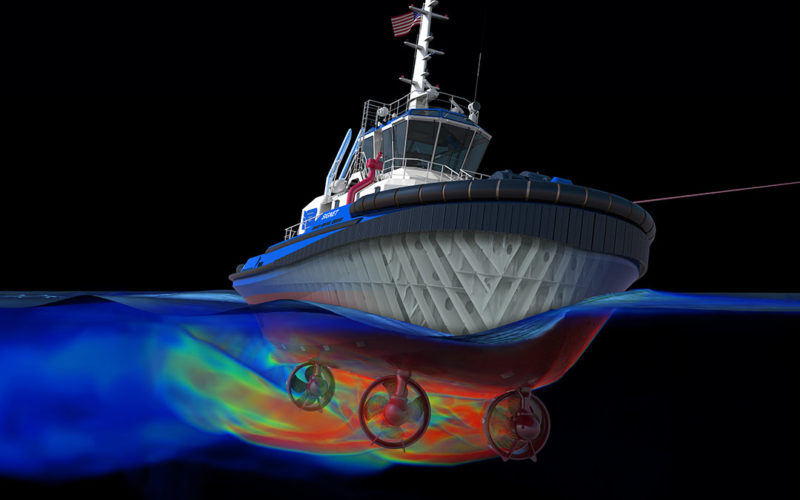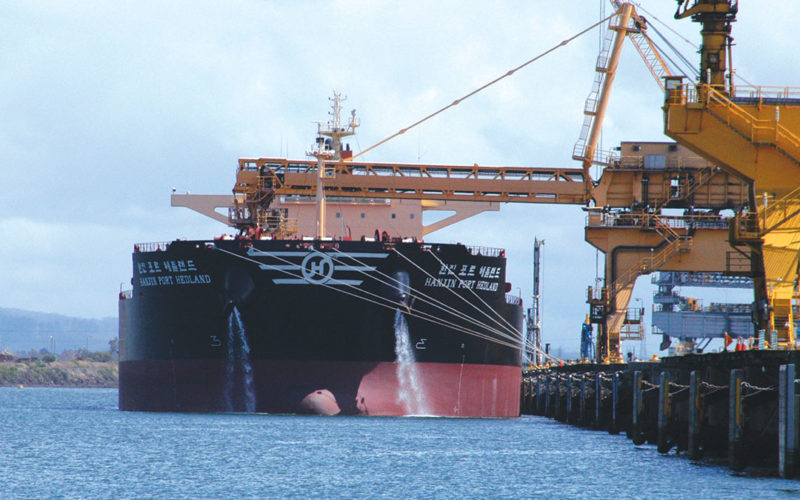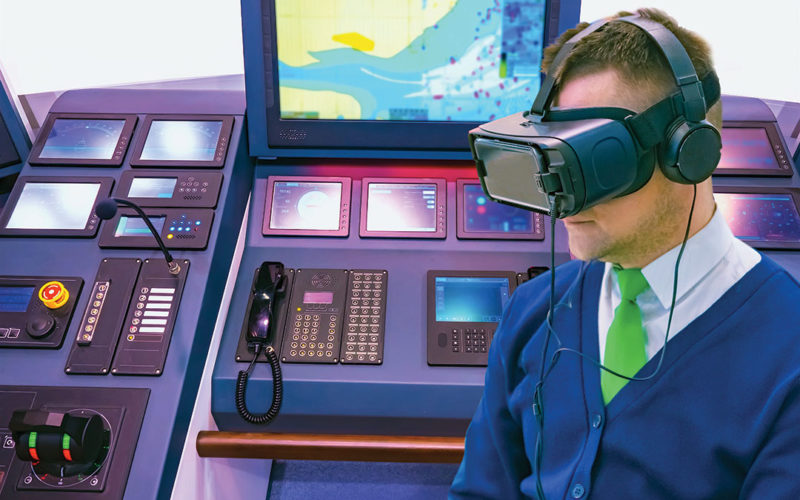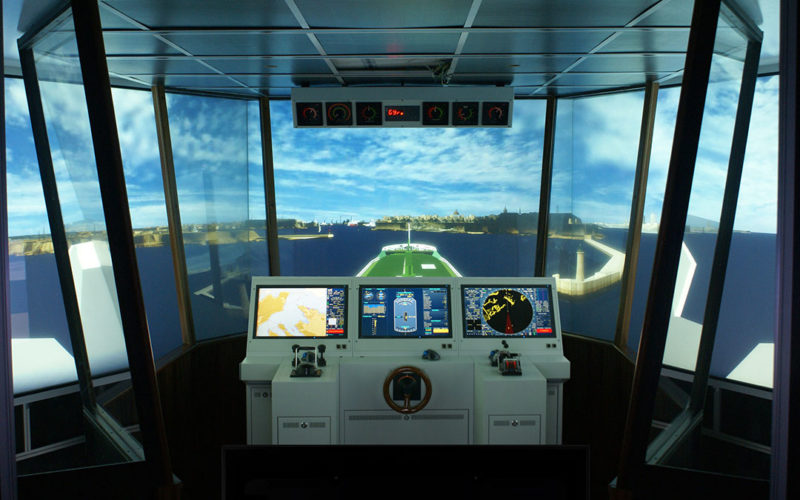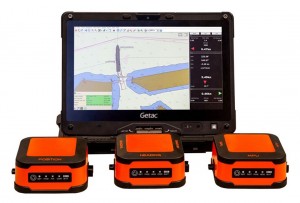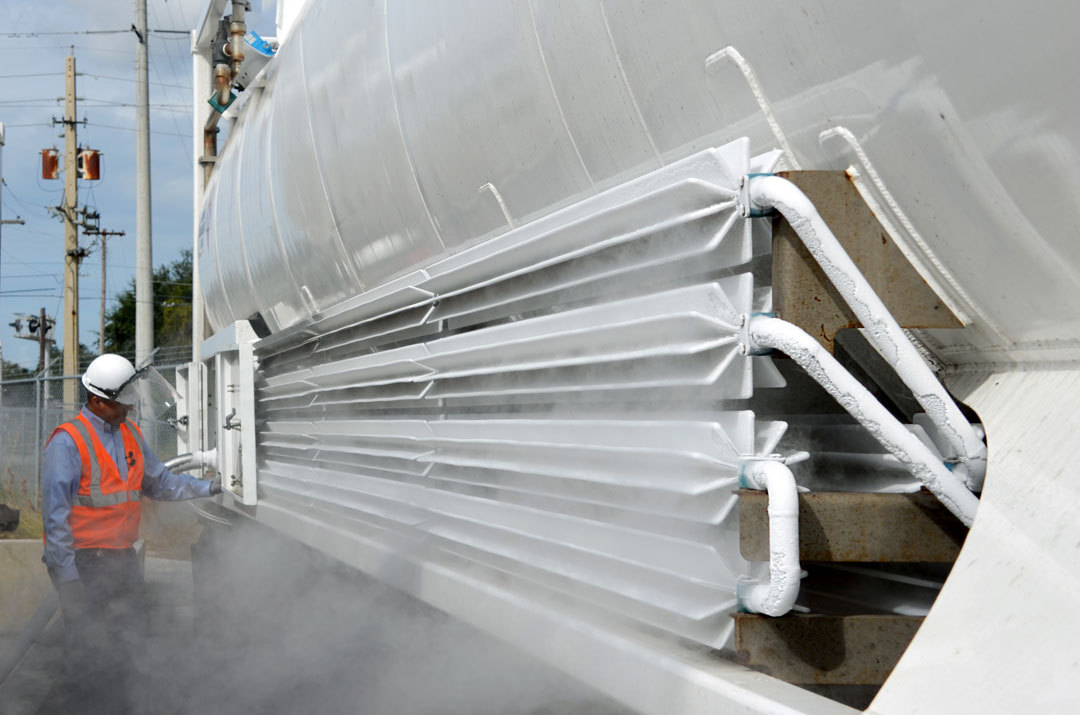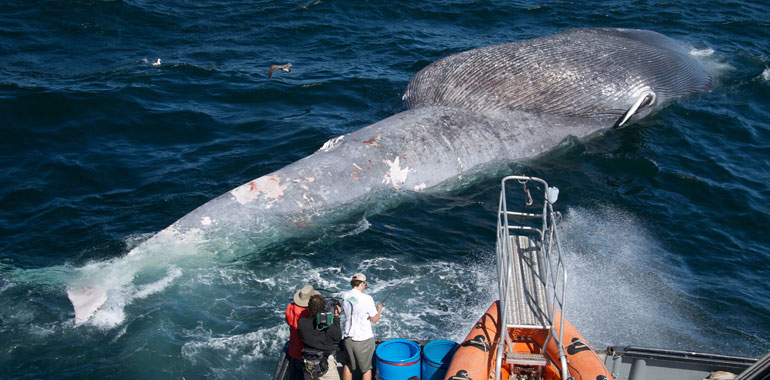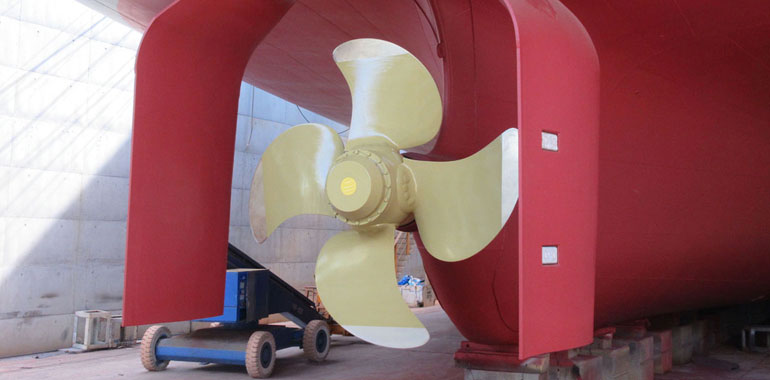30
Nov
Signet Maritime Corp. has begun construction on the first commercial vessels in the United States developed using a purely 3D design process. The tugboats will be built to the Advanced Rotortug design by Robert Allan Ltd., which places two azimuthing drives forward and one aft. The concept was first developed by Dutch company Kotug, and tugboats outfitted with this propulsion…

